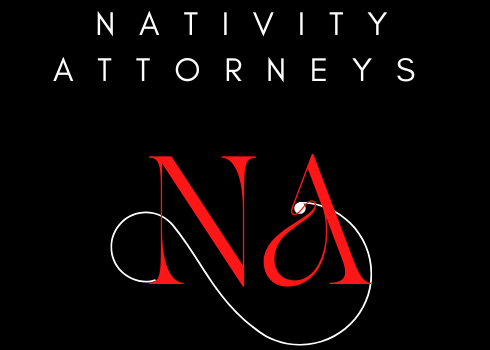Mediation, a widely employed alternative dispute resolution process, serves as a means to resolve conflicts and reach agreements outside of traditional court proceedings. While often effective in facilitating communication and negotiation, mediation is not immune to challenges. One of the most critical junctures in the mediation process is when parties find themselves entangled in an impasse—an intricate web of deadlock where resolution seems elusive. This article delves into the complexities of the mediation impasse, explores its underlying causes, and offers a comprehensive array of resolution strategies that can be employed to navigate and ultimately escape the quagmire of the impasse.
Understanding Mediation Impasse
A mediation impasse occurs when parties involved in mediation reach an impervious point, unable to advance towards a mutually acceptable resolution. It is the point where negotiations seem to stall, perspectives diverge, and the path forward appears obscured. The impasse can manifest due to various factors, including deeply entrenched positions, emotional obstacles, lack of information, communication breakdowns, or even the dynamics of power and influence. Recognizing and addressing the underlying causes of the impasse are essential steps in guiding the mediation process towards a successful outcome.
Peering into the Causes
Unraveling the causes of the mediation impasse is fundamental to resolving it. Often, the impasse can be attributed to:
- Inadequate Communication: Misunderstandings, misinterpretations, and ineffective communication can erect barriers, inhibiting the exchange of information and collaboration.
- Rigid Positions: When parties steadfastly cling to rigid positions, compromise becomes difficult, preventing the exploration of innovative solutions.
- Emotional Hurdles: Emotions can cloud judgment, intensifying conflicts and obstructing rational decision-making.
- Unresolved Issues: Lingering unresolved issues from the past can hinder progress in the current mediation, creating roadblocks to resolution.
- Perceived Inequities: Perceived inequalities or power imbalances can erode trust and discourage cooperation.
Strategies for Escaping the Impasse
Effective mediators are skilled at guiding parties through the impasse, utilizing a toolkit of strategies designed to reinvigorate dialogue and foster progress:
- Reframing: Mediators can reframe issues, helping parties see problems from different perspectives, and encouraging new avenues of thought.
- Interest-Based Bargaining: Shifting the focus from positions to underlying interests allows parties to explore common ground and generate innovative solutions.
- Brainstorming: Encouraging open brainstorming sessions can lead to the generation of creative ideas that might not have been considered before.
- Reality Testing: Mediators can present parties with hypothetical scenarios to help them assess the potential outcomes of their decisions.
- Caucuses: Separate meetings with each party allow mediators to address concerns confidentially, fostering trust and facilitating compromise.
- Neutral Experts: Introducing neutral experts can provide unbiased insights and information, aiding parties in making informed decisions.
- Breaking Issues Down: Dividing complex issues into smaller, more manageable components can make them more approachable and easier to address.
- Time for Reflection: Allowing parties time for private reflection can lead to a shift in perspectives and a willingness to reengage constructively.
- Exploring Alternatives: Introducing parties to alternative dispute resolution methods beyond mediation can open up new avenues for resolution.
Conclusion
The mediation impasse is a challenging phase within the dispute resolution process, but it need not be an insurmountable obstacle. By understanding the root causes of the impasse and employing a variety of resolution strategies, parties and mediators alike can navigate the complexities and escape the quagmire. Ultimately, embracing flexibility, open communication, and a willingness to explore new approaches are key factors in breaking free from impasse and steering the mediation process toward a successful resolution.

